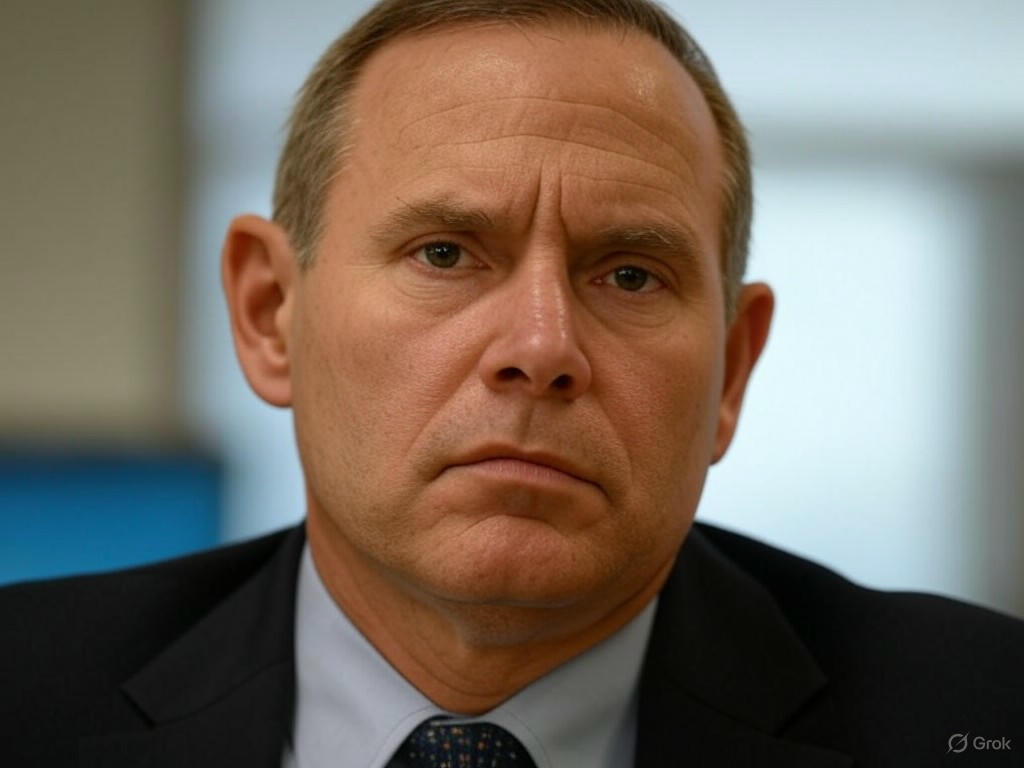In a surprising turn of events, a prominent adviser on COVID-19 vaccines at the Centers for Disease Control and Prevention (CDC) has stepped down, citing deep concerns over recent changes in public health policy. Dr. Lakshmi Panagiotakopoulos, a respected figure in the field of immunization, announced her resignation following a decision to retract key vaccination recommendations for vulnerable populations, including children and pregnant women. Her departure has sparked a broader debate about the direction of public health strategies in the United States during an era of evolving challenges.
Dr. Panagiotakopoulos, who has dedicated years to safeguarding public health, expressed profound disappointment in the rollback of guidelines that she believed were critical for protecting high-risk groups. She argued that the decision to eliminate these recommendations undermined efforts to shield those most susceptible to severe outcomes from the virus. In her public statement, she emphasized that her role was to advocate for science-based policies, and she felt unable to continue in her position when she could no longer ensure the safety of the populations she served. Her resignation comes at a time when trust in health institutions is already fragile, with many Americans questioning the consistency of pandemic-era guidance.
The policy shift, reportedly influenced by external voices including Robert F. Kennedy Jr., a known skeptic of certain vaccination protocols, has ignited a firestorm of criticism. While some argue that revising recommendations reflects a necessary adaptation to new data and societal needs, others, including Dr. Panagiotakopoulos, warn that it risks eroding hard-won progress against the virus. Critics of the decision point to the potential consequences of reduced vaccination rates among children and expectant mothers, groups that have historically faced heightened risks from infectious diseases. The timing of the change, amid fluctuating case numbers and emerging variants, adds another layer of complexity to an already contentious issue.
Public health experts are now grappling with the implications of this high-profile resignation. Some fear it could signal a troubling precedent, where political or ideological pressures override scientific consensus. Others hope it will prompt a renewed dialogue about balancing individual freedoms with collective responsibility in health policy. Meanwhile, advocacy groups for maternal and child health have called for an urgent review of the altered guidelines, urging officials to prioritize evidence over external influence.
As the nation watches this unfolding saga, Dr. Panagiotakopoulos’s exit serves as a stark reminder of the challenges facing public health leaders today. Her decision to step away underscores a personal and professional stand for the principles she holds dear, even at the cost of her position. Moving forward, the CDC and other health bodies will need to address the void left by her departure and work to rebuild confidence among both professionals and the public. The path ahead remains uncertain, but one thing is clear: the intersection of science, policy, and public trust has rarely been more critical.
